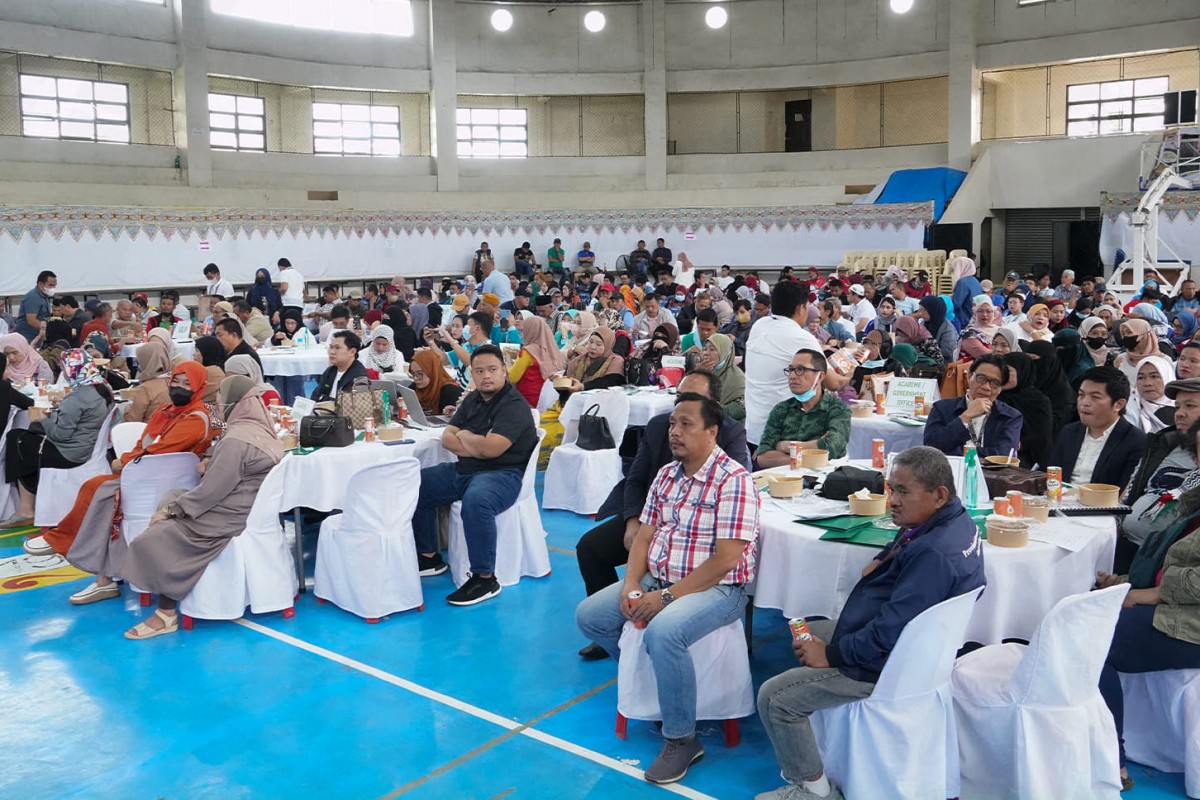MARAWI CITY, Lanao del Sur (PIA)--Over 600 government and non-government stakeholders in Lanao del Sur participated in the public consultation here to provide their legislative input and recommendations for the proposed Bangsamoro Local Governance Code.
Local leaders and representatives from Lanao del Sur's provincial, city, municipal, and barangay local government units, as well as those from academic institutions, the health, security, and private sectors, and other relevant stakeholders, were able to share their ideas.
The BTA Bill No. 30, or the Bangsamoro Local Governance Code of 2022, will provide a clear direction between the local government units and the Bangsamoro government. It aims to strengthen the supervisory power of the Bangsamoro government through the Ministry of Interior and Local Government.
The proposed code applies to all component provinces, cities, municipalities, barangays, and other political subdivisions, as well as Bangsamoro government offices and agencies.
The proposed code has four books: General Provisions, Local Taxation and Fiscal Matters, Local Government Units, and Miscellaneous and Final Provisions.
Salha Abdulmajeed, a representative of the Bangsamoro Islamic Women Auxiliary Brigade in Lanao del Sur and del Norte, says this is the first time the group has been asked for input on a crucial piece of legislation, a bill that will give the Bangsamoro government a more responsive and accountable local government structure.
Chairman Abu Saliha Macacuna of the Bangsamoro Development Agency supported passing the BLGC as long as it didn't go against any Islamic beliefs or national laws.
Meanwhile, the President of the Lanao del Sur Mayors' League and Butig Mayor Lawyer Dimnatang Pansar has asked for the BLGC to be passed immediately, citing provisions that will improve the quality and efficiency of basic service delivery to the Bangsamoro people.
Pansar noted that if BLGC is approved, regional and local government collaborations will be strengthened.
Constituencies in Lanao del Sur also expressed concerns about the eligibility and disqualification of running elective officials, the constitutionality of the BLGC, and anti-dynasty.
Engr. Khalid Dumagay, MILG director general and one of the people who wrote the bill, says that the chief minister and his cabinet asked their ministry to write the proposed code.
Dumagay also said the MILG did a number of things for the proposed code, such as research on policy, gathering data and information, and talking to different stakeholders.
Another round of public consultations will be held for the constituencies in Cotabato City, the BARMM Special Geographic Area, and Manila in February. (LTAIS-PIPMRD/PIA-10/Lanao del Sur)



